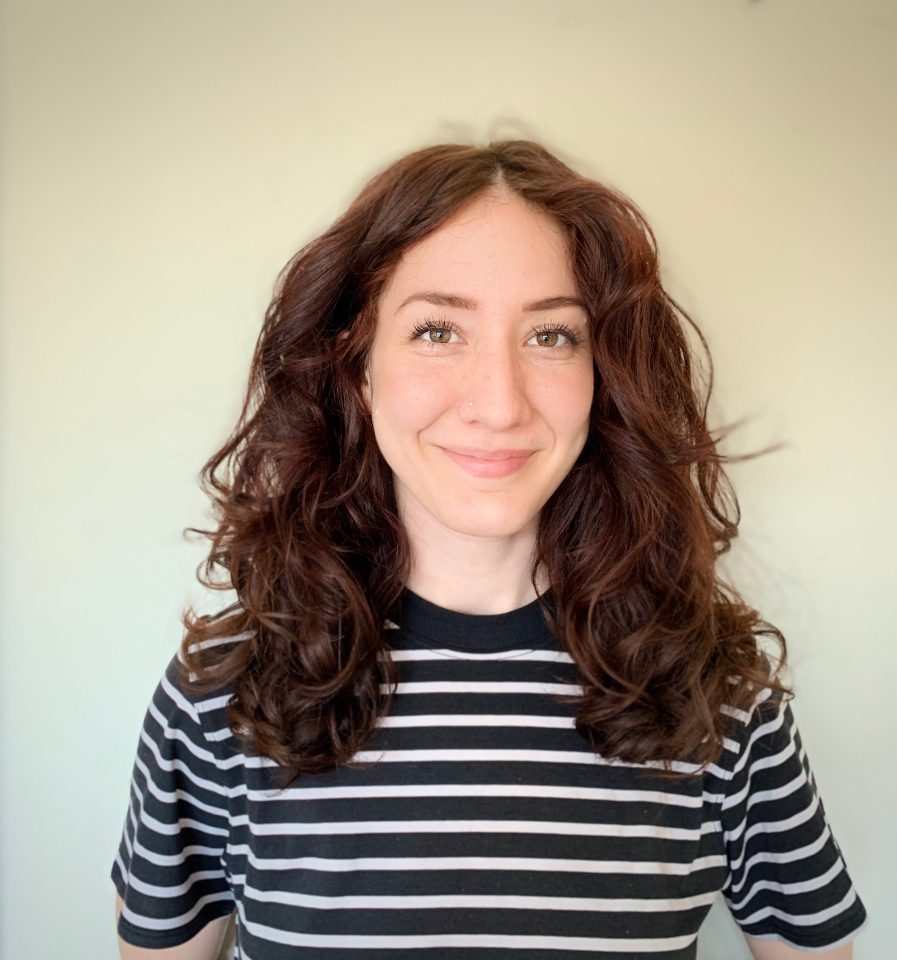
Ashley Jestin
Physiotherapist
What is the most rewarding part of your job?
The most rewarding part of my job is witnessing people return to meaningful activities that they previously had to withdraw from due to pain or injury.
What is a common misconception about your work?
A common misconception is that all physiotherapists subscribe to the idea that the body is a machine that needs to be fixed. People are often surprised to learn that stress, sleep, emotions, thoughts, and even beliefs about the body, can modify their experience of pain. Many physiotherapists now offer a more holistic approach to treatment that can address some, but not all, psychosocial that may be relevant to a given individual.
Tell us about your experience working with patients in the GLA:D program.
I lead individuals with knee and hip osteoarthritis through a seven-week program which consists of two education sessions followed by twelve exercise classes. A foundational part of the program is teaching individuals to work with their pain in a way that feels tolerable and acceptable.
This has two benefits; first, it allows them to engage in exercise classes, which may reduce their pain and improve their function. Second, and perhaps more importantly, it empowers them to return to meaningful activities that they thought they had to avoid due to their osteoarthritis. It has been an absolute honour to be a part of this process.
Was there anything challenging or unexpected when you became a physiotherapist?
I am still learning how to find work-life balance in this profession. I love my career, and research does show that physiotherapists in Canada have very high job satisfaction. I feel very fortunate to have landed in this field. That said, I was a student for the better part of the last decade, which has very different demands.
When studying, you can go into your own little world. When you’re working as a physiotherapist, you’re often supporting those in pain, which requires you to be fully present with each person. While this is deeply rewarding, it is a different kind of energy!
As I learn more about who I am not only as a professional but also as a person, I look forward to prioritizing more unstructured time and play outside of work.
What drew you to physical therapy?
I have always been a physical person but unlike many physiotherapists, I did not participate in organized sports in my youth, but I always had a drive to move. I was a yoga instructor for many years, and students would often ask me about their injuries! I felt unequipped to answer their questions and I wanted to be able to support them. As a hypermobile individual, I have also experienced my fair share of aches and pains.
An unexpected benefit of this career is that I now know how to support not only others but also myself through pain. For some people, that means moving through the rehab process back to their pain-free baseline. For others, it might mean decreasing their pain, improving their function, and learning to live well with any residual symptoms.
As Greg Lehman says, for some people, if they wait to be completely pain-free, they may never be active. Working with pain is the optimist’s way.
What is unique about what you do?
I strive to offer physiotherapy services that are trauma-informed and welcoming. This can be especially important for people who have experienced discrimination, such as members of the LGBTQ2S+ and BIPOC community. That said, I find most people appreciate this approach, regardless of their history.
I emphasize body autonomy and ongoing consent. This means that if ever I need to approach a sensitive area (for example, the hips), I will do the following: check in with you, let you know why, and ask your permission, no matter how long we have been working together. There are often multiple ways to assess something, and I try to create a space where clients feel they can share their unique needs.
What did you appreciate the most about the MPT program and studying at UBC?
I appreciated the opportunity to meet amazing clinicians and mentors such as Jeff Jukes, Nathan Hers, Roland Fletcher, and JF Esculier, to name a few.
What is one thing we might be surprised to learn about you?
I grew up in various small towns around BC including Cranbrook, Courtenay, and Prince George. I have four sisters and my parents are farmers!
